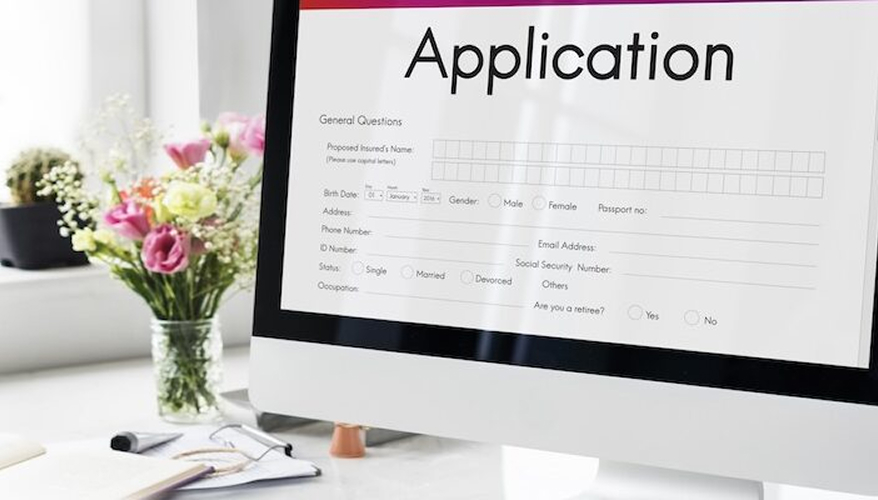Moving to a new country is always a significant life change, and adapting to a new culture can be both exciting and challenging. The process involves navigating unfamiliar social norms, adapting to new lifestyles, and sometimes learning a new language. For many, this transition period can be overwhelming, but it also offers a unique opportunity for personal growth and discovery.
Singapore, with its unique blend of cultures and high standard of living, is a popular destination for immigrants. This city-state stands out due to its multicultural environment, where Chinese, Malay, Indian, and Western influences coexist harmoniously. The rich cultural tapestry is evident in every aspect of life in Singapore, from its diverse culinary scene to its wide range of cultural festivals. Moreover, Singapore’s strategic location in Southeast Asia, excellent infrastructure, and strong economy make it an attractive place for professionals and families alike.
However, the initial period of adjustment can be daunting. New immigrants may face challenges such as understanding local customs, navigating public services, and building a social network. The fast-paced lifestyle and high expectations in both professional and personal spheres can also add to the pressure.
To ease this transition, it’s helpful to have a guide to navigate the complexities of settling into Singapore. Here are some tips to help new immigrants adjust to life in Singapore and make the most of their experience in this vibrant city-state. By embracing the local culture, respecting social norms, and staying open to new experiences, you can turn this challenging period into a rewarding adventure. And even apply for a Singapore PR after you have adjusted well to this welcoming country.
Tips to Help New Immigrants Adjust to Life in Singapore
1. Embrace the Cultural Diversity
Singapore is a melting pot of cultures, where Chinese, Malay, Indian, and Western traditions converge harmoniously, enriching the fabric of society. This diversity isn’t merely superficial; it permeates every aspect of life in Singapore, from its vibrant festivals to its eclectic cuisine. To integrate smoothly into this cultural tapestry, consider the following:
Learn about Major Festivals:
Singapore’s calendar is dotted with festivals that celebrate the cultural heritage of its various communities. Whether it’s the dazzling lights of Deepavali, the festive cheer of Chinese New Year, or the solemnity of Hari Raya, participating in or observing these celebrations can offer profound insights into the values and traditions of Singapore’s diverse populace.
Explore the Cuisine:
Singaporean cuisine is a delightful fusion of flavors from different cultures. Embark on a culinary adventure by sampling dishes like Hainanese chicken rice, laksa, and satay at local hawker centers. Exploring the intricacies of Singaporean food not only tantalizes the taste buds but also provides a deeper understanding of its multicultural identity.
2. Understand the Social Norms
Navigating social norms is essential for building meaningful connections and fostering goodwill within the community. In Singapore, adherence to certain cultural etiquettes can significantly enhance social interactions:
Respect for Elders:
Respect for elders is deeply ingrained in Singaporean culture. Simple gestures such as offering your seat to an elderly person on public transport or addressing them with deference reflect this value and contribute to a harmonious social environment.
Queuing Etiquette:
Singaporeans take queuing seriously, and cutting in line is frowned upon. Joining the end of the queue and patiently waiting your turn demonstrates respect for others and adherence to societal norms.
Public Behavior:
Maintaining decorum in public spaces is paramount in Singapore. Avoiding loud conversations and refraining from public displays of affection demonstrate consideration for others and contribute to a pleasant social atmosphere.
3. Adapt to the Local Communication Style
Effective communication is the cornerstone of successful integration into any society. In Singapore, understanding the nuances of communication can facilitate smoother interactions:
English is Widely Spoken:
While English is the lingua franca of Singapore, many locals are bilingual or multilingual. Learning a few phrases in Mandarin, Malay, or Tamil not only showcases cultural respect but also fosters closer connections with the community.
Indirect Communication:
Singaporeans often employ subtle and indirect communication styles. Paying attention to non-verbal cues and exercising tact and diplomacy in conversations can help navigate interpersonal interactions with finesse.
4. Get Familiar with the Laws and Regulations
Adherence to laws and regulations is essential for maintaining social order and personal safety in Singapore:
Cleanliness and Littering:
Singapore places a premium on cleanliness, and littering is strictly prohibited. Adhering to cleanliness standards and disposing of waste responsibly contribute to the upkeep of the environment.
Drug Laws:
Singapore has stringent laws regarding drug trafficking and consumption, with severe penalties for offenders. Familiarizing yourself with these laws and refraining from any involvement in drug-related activities is imperative for legal compliance and personal well-being.
Public Transport Rules:
Observing rules such as refraining from eating and drinking on public transport and adhering to designated smoking areas demonstrates respect for public property and consideration for fellow commuters.
5. Navigate the Public Transport System
Singapore boasts an efficient and extensive public transport network, making it easy to traverse the city:
MRT and Buses:
The Mass Rapid Transit (MRT) system and buses are the backbone of Singapore’s public transport system. Reliable and accessible, they offer convenient connectivity to various parts of the city.
EZ-Link Card:
Investing in an EZ-Link card streamlines your travel experience, offering hassle-free access to both MRT and bus services. With its convenience and discounted fares, it’s an indispensable tool for navigating Singapore’s public transport system.
6. Build a Support Network
Establishing a support network can provide invaluable assistance and camaraderie during your transition:
Join Expat Groups:
Connecting with expatriate communities and social groups allows you to bond with individuals who understand the challenges and experiences of living abroad. These networks offer a sense of belonging and a platform for sharing advice and resources.
Community Centers:
Singapore’s community centers offer a plethora of activities and classes catering to diverse interests. Engaging in these activities not only fosters social connections but also provides opportunities to immerse yourself in Singaporean culture and traditions.
7. Stay Open-Minded and Positive
Embracing a positive mindset is essential for navigating the highs and lows of cultural adjustment:
Embrace New Experiences:
Be open to trying new activities, sampling different cuisines, and participating in local customs and traditions. Embracing novelty not only enriches your cultural experience but also broadens your horizons. Look for different ways to integrate into the society.
Stay Connected to Home:
While embracing your new environment is essential, maintaining connections with family and friends from your home country provides a sense of comfort and support during moments of homesickness. Modern technology makes staying connected easier than ever before, so leverage these tools to nurture your relationships.
Conclusion
Adapting to life in Singapore can be a rewarding experience if you embrace its cultural diversity, respect social norms, and stay open to new experiences. By following these tips, new immigrants can navigate their cultural adjustment smoothly and enjoy all that this dynamic city-state has to offer. Welcome to Singapore, and may your journey here be filled with wonderful adventures and lasting memories!
Additionally, working with an immigration consultant can greatly ease the transition. Consultants can provide valuable advice on legal requirements, help with documentation, and offer guidance on settling into your new home. Their expertise can make the process less daunting and ensure that you are well-prepared for life in Singapore.








